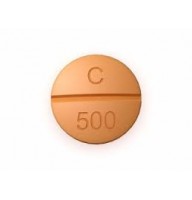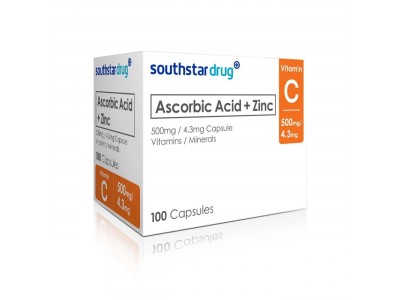Several substances and medications may interact with vitamin C (ascorbic acid), potentially affecting its absorption or efficacy. It’s essential to be aware of these interactions to ensure your safety and optimize the benefits of vitamin C.
Iron is one of the significant interactions to consider. Vitamin C can enhance the absorption of non-heme iron, the type of iron found in plant-based foods. While this interaction can be beneficial for vegetarians or vegans, it’s essential to be cautious if you have a condition called hemochromatosis, which results in excessive iron accumulation. Also you can buy furadantin tab.
Certain medications can also interact with vitamin C. For instance, aspirin, antacids, and certain blood thinners like warfarin can potentially reduce the absorption of vitamin C when taken simultaneously. It’s advisable to consult with your healthcare provider to determine the best timing for taking these medications in relation to vitamin C supplementation.
If you are prescribed medications that affect your kidney function or are undergoing treatments like dialysis, it’s important to discuss vitamin C with your healthcare provider. Excessive vitamin C intake can strain the kidneys, potentially causing harm in such cases.
Additionally, if you are taking medications for specific health conditions, like high blood pressure or diabetes, it’s prudent to inform your healthcare provider about your vitamin C intake. Vitamin C can potentially affect the effectiveness of these medications, and your healthcare provider can offer guidance on appropriate dosages and timing.
It’s important to remember that vitamin C is considered safe when consumed through dietary sources, but interactions can occur when taking supplements in high doses. To ensure that you receive the full benefits of vitamin C while minimizing any adverse interactions, open communication with your healthcare provider is essential. They can provide personalized guidance on vitamin C supplementation in the context of your overall health and any medications you may be taking.

